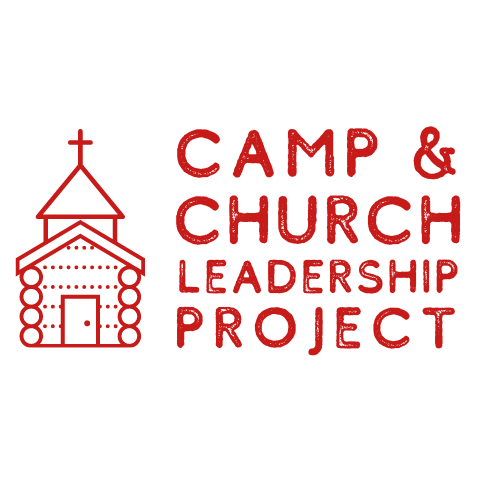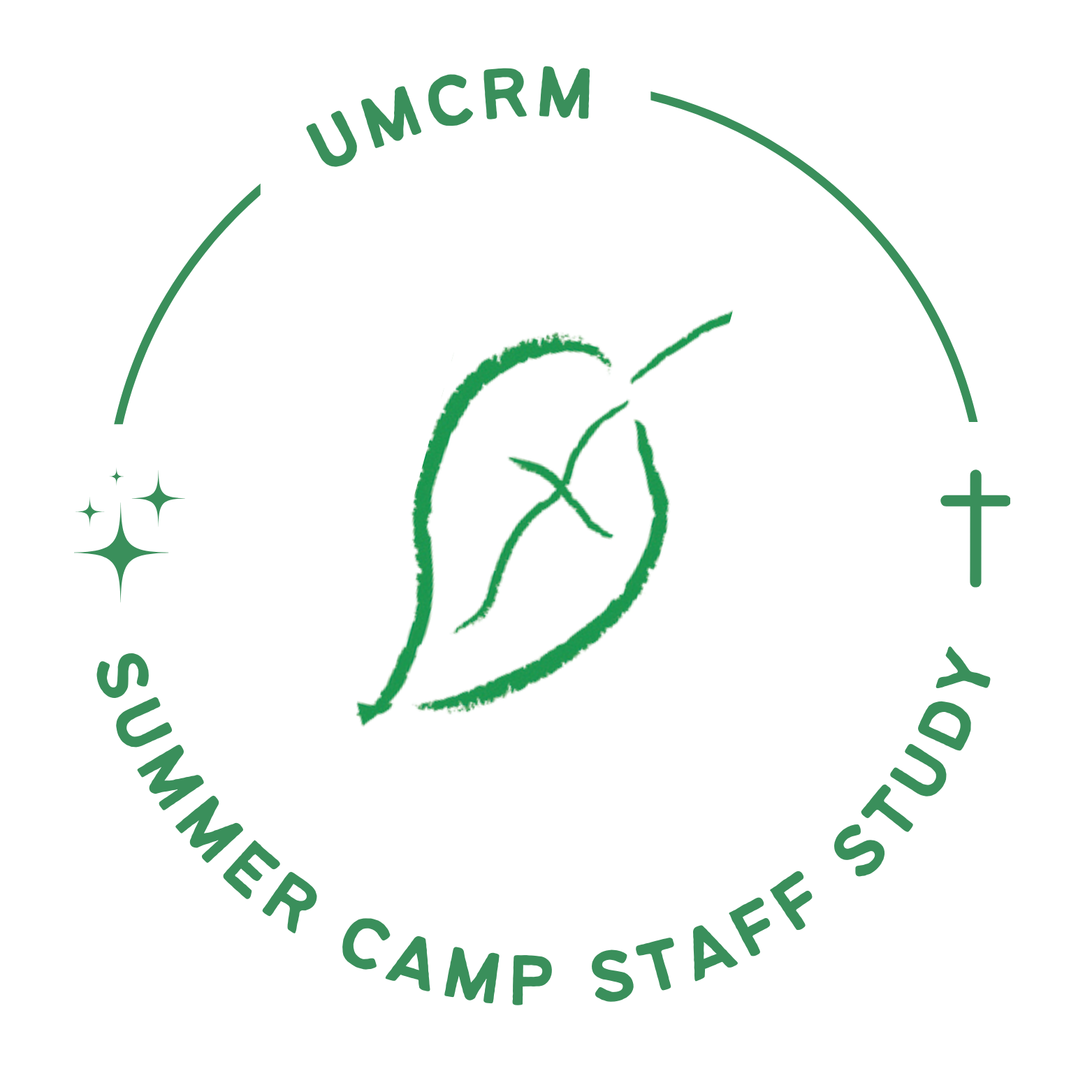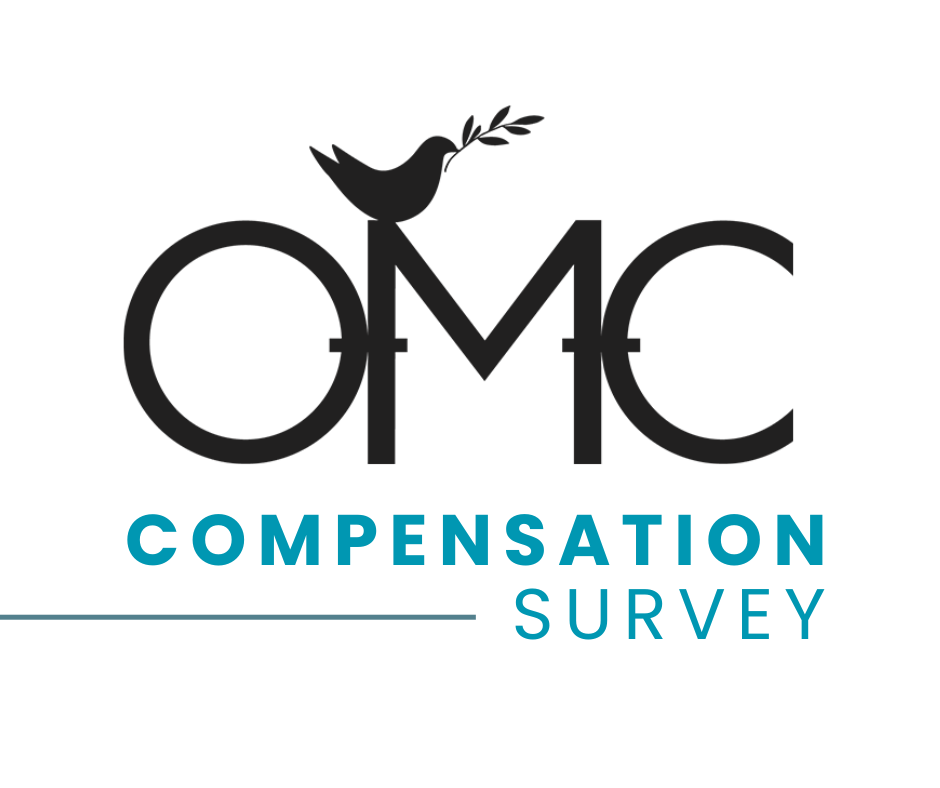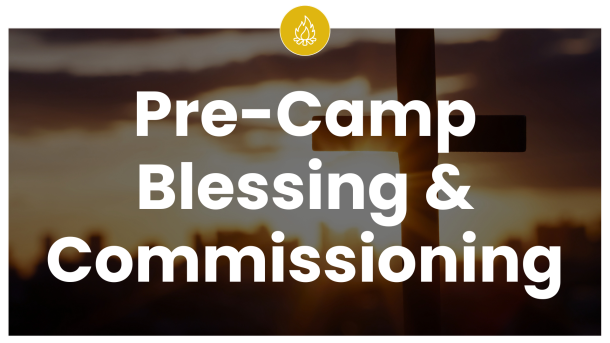This summer, normalize the regular use of scripture at your camp. This involves more than just having Bible study every day or repeating a theme verse. The aim is to Biblicize every activity, program, and tradition. We lay the foundation for this when we Biblicize staff training.
Biblicize means, quite literally, to make biblical. It means explicitly and intentionally connecting things to the Bible. When you do this, let scripture guide you (Psalm 119:105) rather than using scripture to justify a decision you have already made or a program you already think is awesome. We sometimes assume that we can just do this haphazardly or passively. However, right action does not simply come from some innate sense of goodness, and participants do not simply connect words and actions to their faith just because they happen at church camp. We need to regularly test our program models and scrutinize both what we are teaching camp participants and how we are teaching them.
Different Christian traditions have vastly different views of biblical theology, but we together profess that the Bible is the word of God (even as we interpret that phrase differently). We all measure Christian beliefs and actions by the standards set forth in the Bible. Let’s ground our camp programs biblically, as well. When we do this, we are setting an example of Christian living for our guests and ensuring that we keep faith integrated into our programs and culture.
Schedule Bible Time
Start with a renewed focus on personal and communal Bible study. Encourage and equip staff to engage in regular devotional practices (Deuteronomy 6:4-9). Set aside time for this during staff training, and be sure to give staff direction, since some may be intimidated and unsure where to begin. Tell them why the Bible is important, grounding your explanation in the biblical theology of your tradition. Emphasize the importance of both personal Bible study and communal Bible study, so that we might discuss and test our interpretations of how God is speaking to us among fellow Christians (1 John 4:1). Schedule at least 20-30 minutes each day for staff to engage in personal devotions (Mark 6:31), and schedule additional time for daily one-on-ones and/or group time to discuss where they are seeing God and what they are reading in scripture.
Connect Training to Scripture
Now comes the more challenging part of your task to Biblicize staff training. Each training session should already have major learning goals. Make sure these are explicitly stated in your training outline and then take the next step by connecting each of these goals to a biblical passage. Think deeply about this: how does the training goal relate to our Christian faith? Every training session should have a purpose, and each purpose should have a biblical basis. If it does not, reconsider the how and why of this training session. Cite the relevant passages in your staff training manual and even on the training schedule. Need a place to start? I have given some helpful hints and favorite passages to use HERE!
Teach Staff to Biblicize
Now that you have grounded your staff training sessions and learning goals in scripture, teach your staff to do the same thing. Every activity that they lead should have a purpose, and that purpose should be explicitly connected to scripture. Help them to stop and consider how an activity, song, skit, or event relates to their faith. Practice processing this with them. This is normal at camp. We use the action-reflection model. Your task is to make sure that the reflection part of this includes considering a scripture passage in the context of what they did or experienced. When processing, I prefer the DRAG BiG model:
- Do the activity
- Review what you did and the parameters (or rules, if applicable)
- Analyze what happened
- Generalize by relating what happened to everyday life or the larger world context
- Biblicize by reading a related Bible passage
- Generalize again by considering the activity, the Bible passage, and how these might apply elsewhere
Warning: No Proof-Texting!
As you dive into scripture and have your staff practice relating activities and events to the Bible, watch out for the common and often damaging fallacy of proof-texting. This involves starting with a firmly held concept and then using a passage from the Bible to justify it. Usually, this means taking the Bible verse completely out of context. At their worst, these can turn into Bible bombs: isolated verses used to demean or rebut someone else’s thoughts or arguments. The problem of proof-texting and the danger of Bible bombs are the main reasons why some Christian camps shy away from consistent use of scripture or try to leave it to the experts. They are so afraid of misusing the Bible that they hardly use it at all!
It should be noted, however, that they are afraid for good reason. Scripture has been used to justify all sorts of sinful and violent behavior, including the Inquisition, the slave trade, the Holocaust, mistreatment of women, and exclusion of or violence against those in the LGBT+ community. To be clear: when we engage with scripture and discuss biblical passages, there will be bad theology. We will get it wrong sometimes. Bad theology happens primarily when we simply skim the surface or read passages in isolation. The gift of camp is that we have the chance to dive in deeply and to discuss our interpretations with fellow Christians. This gives us opportunities for new insights and to correct one another. As one of my favorite biblical theologians explained, reading scripture is an adventure of discovery and new insights.
Do not start with the assumption that your interpretation is correct or that the activities you are doing at camp are de facto good. Approach this process with humility. Be willing to reconsider, as you bring scripture alongside your programs and practices. You will be surprised. You will reconsider some of your programs, song choices, and skits. This will help you realign your camp programs with your mission and vision, as you seek to share the good news of Jesus with all the world (Matthew 28:19-20).










0 Comments